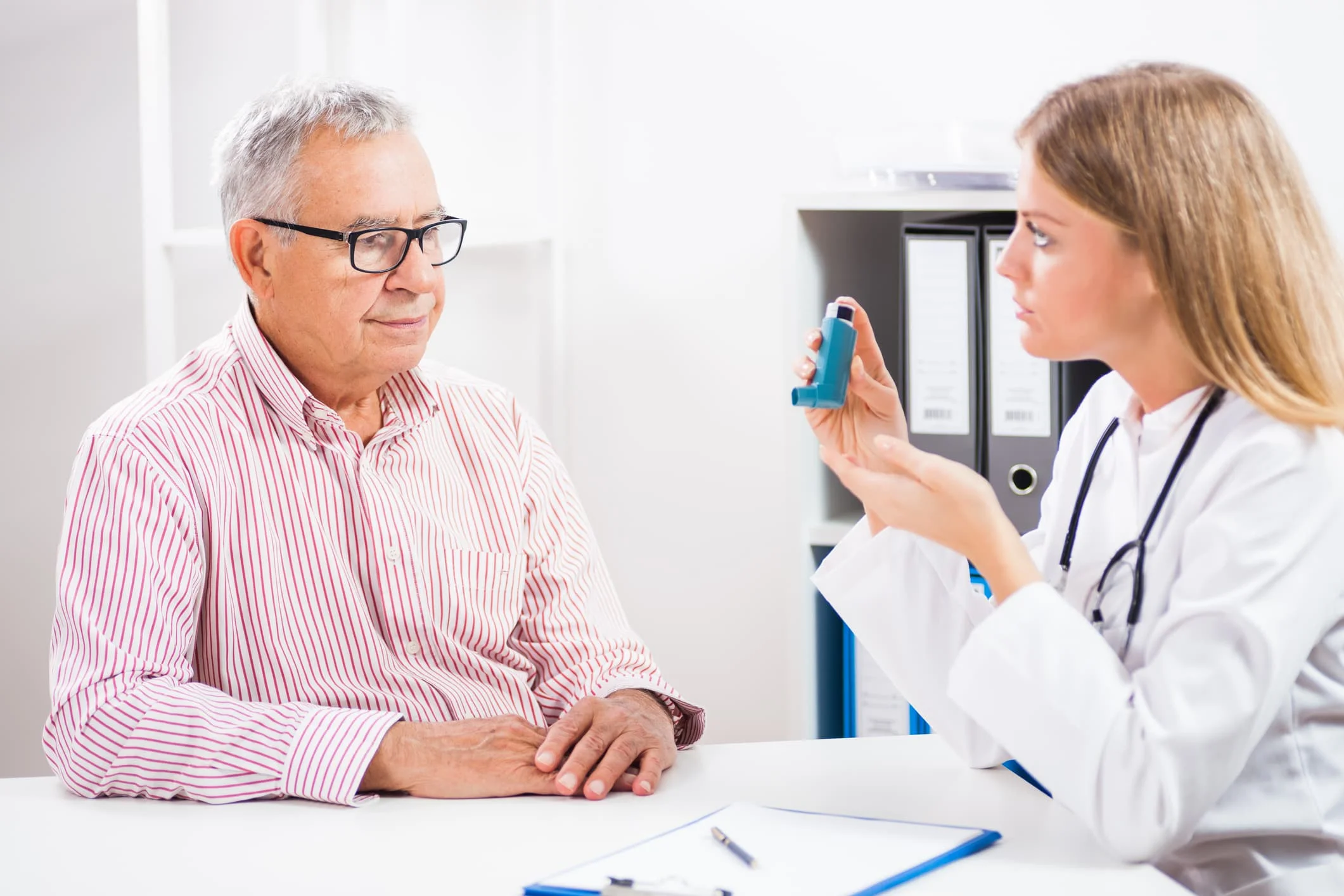What Happens In A Respiratory Therapy Program?
Breath is life. From the moment we’re born, our lungs work hard to supply our bodies with the health-giving oxygen we need to survive. As the years go by, all that hard work can sometimes take its toll. The older we get, the higher our chances are of developing a breathing problem. If you’re struggling to catch your breath, it can be difficult to live the life you want to live. The good news is that respiratory and pulmonary rehabilitation programs can help strengthen your lungs and improve your quality of life.
When would I need to see a respiratory therapist?
A number of different illnesses or afflictions can negatively impact your ability to breathe. Some common conditions that might cause a person to seek out a respiratory therapy program are:
Chronic Obstructive Pulmonary Disease (COPD)
Lung surgery
Pneumonia
Congestive heart failure
Asthma
Before you begin a course of treatment, a skilled respiratory therapist will perform a full assessment of your health, including taking a full medical history and evaluating your symptoms. Once your diagnosis is complete, therapy can begin.
What are the treatments used in respiratory therapy?
No two respiratory therapy programs will look the same, as each course of treatment is tailored to an individual patient’s medical needs. Your program may include any of the following therapies:
Chest physiotherapy
Also known as chest physical therapy, CPT is a method of clearing the lungs of mucus using clapping and vibration.
Incentive spirometry
An incentive spirometer is a device that helps you practice taking slow, deep breaths. These exercises can improve your lung capacity and open up your airways.
Aerosol treatments
Commonly known as compressors or nebulizers, aerosol treatments convert liquid medication into a fine mist that can be inhaled. Delivering medication directly to the lungs in this manner can help fight infection, reduce wheezing, and make breathing easier.
Oxygen administration
Supplemental oxygen can be given to patients who are showing signs of respiratory distress. When needed, respiratory therapists can also provide mechanical ventilation.
How long does a respiratory therapy program last?
Some programs last a few weeks, while others require lifestyle changes to accommodate more permanent treatments. For those who have chronic breathing problems, pulmonary rehabilitation can help you learn to manage your symptoms and improve your ability to function in day-to-day life.
Some features of a pulmonary rehabilitation program are:
Exercise training
Maintaining physical fitness and building endurance is crucial to pulmonary health. A skilled respiratory therapist will design an exercise program to fit your needs.
Nutritional counseling
Nourishing your body with healthy food is important for your overall wellbeing. Additionally, being overweight or underweight can significantly impact your ability to breathe and make an existing lung problem even worse.
Emotional support
Having a chronic breathing condition can make you prone to depression or anxiety. A reputable pulmonary rehabilitation program will provide you with a support system to help you manage your stress and frustration.
Education
Learning all you can about your condition, your medication, and how to alleviate symptoms empowers you to lead an independent life without being burdened by breathing problems.
Where can I find pulmonary therapy near me?
Bella Vista Health Center offers respiratory therapy and pulmonary rehabilitation programs in San Diego. We have experience treating patients with all manner of chronic lung conditions, those who are preparing for or recovering from lung surgery, and those who are suffering from an acute respiratory illness. Our 5-star skilled nursing facility has been recently remodeled, ensuring a safe, comfortable, and caring environment for our patients.
If you’re struggling with a breathing problem, Bella Vista Health Center can help. Call us at (619) 644-1000 and find out more about our respiratory services.

